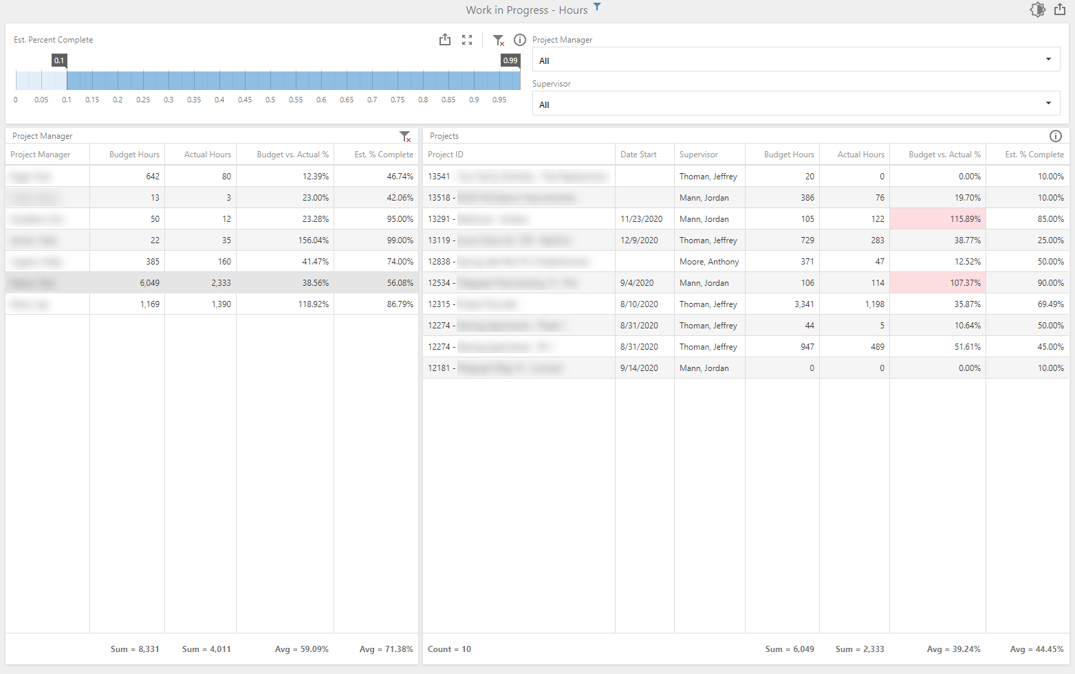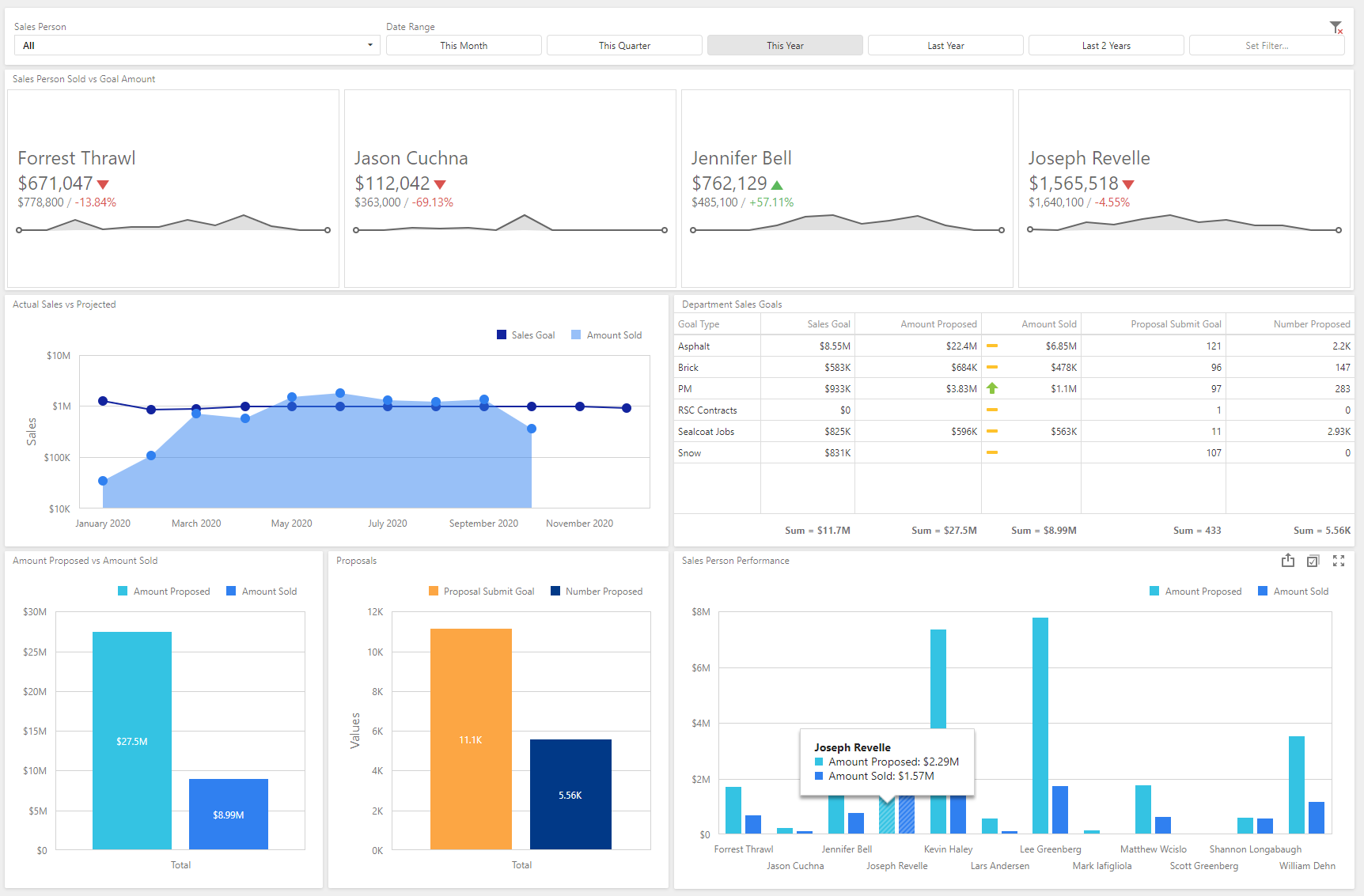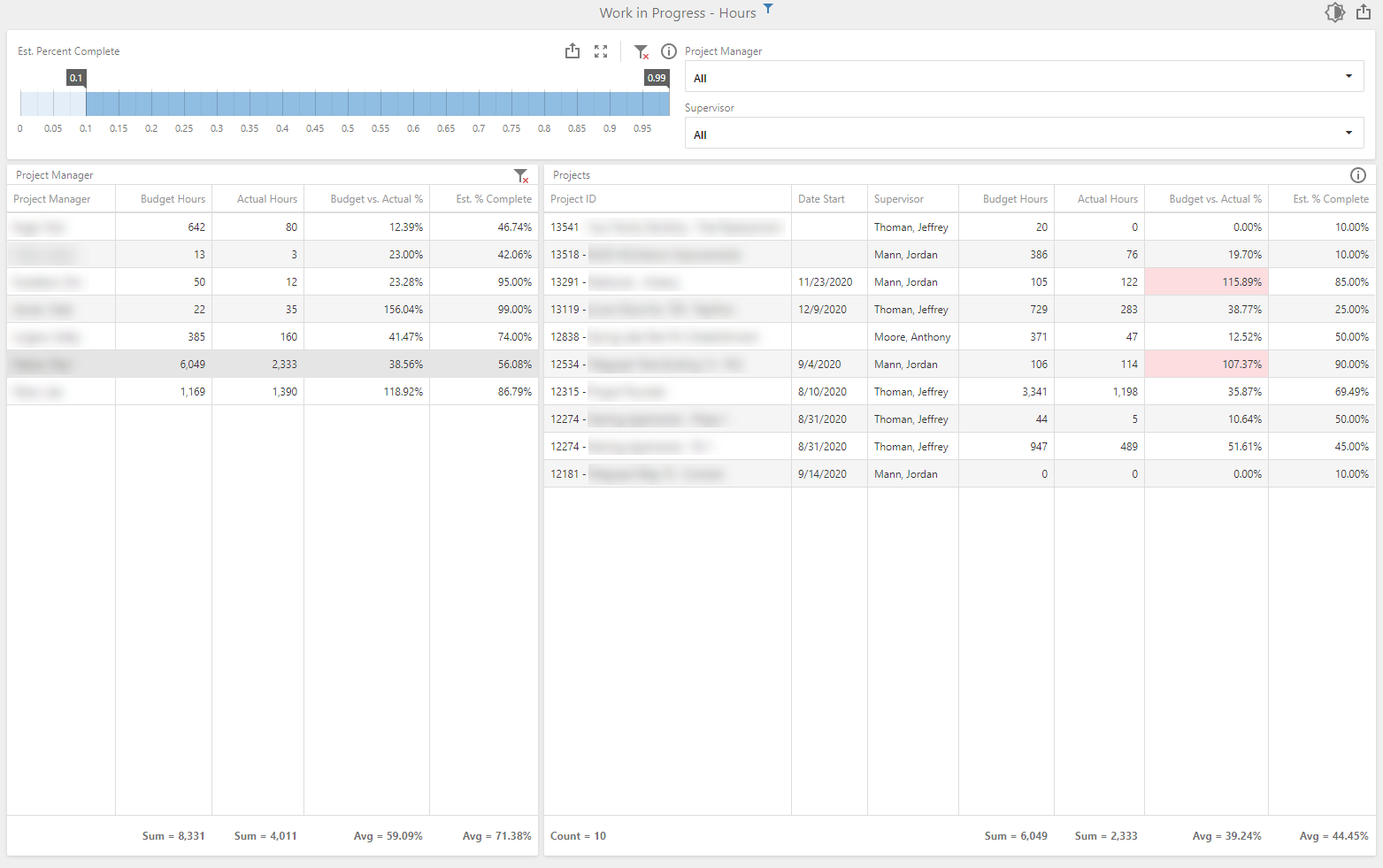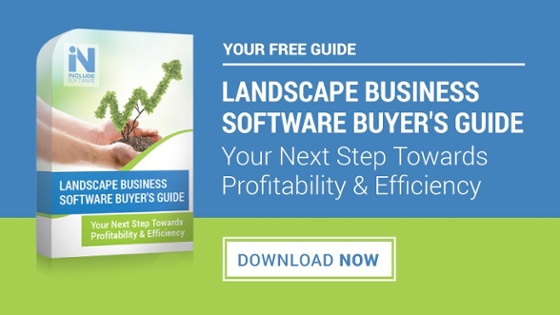Ed Castro Landscape is using reporting to make the best possible business decisions
The best way to keep your finger on the pulse of business activity is with reporting. Staying on top of data helps you to make the best business decisions. Meredith Jedlicka, training coordinator for Ed Castro Landscape in Atlanta, Georgia, says that their company runs a number of reports outside of the standard accounting reports that most companies run. She says that reporting helps create goals and provides an opportunity to measure how close they are to meeting them.
“One of the reports that serves a lot of purpose for us is our WIP report—that is, work in progress,” she explains.
“We look at that weekly in our production meeting and it shows all jobs, including those that haven’t started yet. It includes budgeted hours and cost—and once a job starts, it will show actual numbers so that we can keep track of whether we’re on schedule.”
Jedlicka says that WIP report also has billing on it—showing what’s already been billed and what still needs to be billed. This report, as well as others, are all produced through Asset using the Job Manager function.
“We have a customized template that we created,” Jedlicka explains. “There are standard templates but, in my opinion, one of the greatest things about Asset is how customizable it is. It lets you set up your reports the way that your company runs. In that way, Asset is a lot more flexible than people might assume. There’s not a rigid right or wrong way to do reporting with it. We have taken the time to go through and set it up in a way that makes the most sense for us.”
Jedlicka says that reporting is an invaluable form of tracking the company’s success.
“Every business has a set of goals and budgets that they have set in deciding how they want to perform, and reporting lets you see how you’re actually doing in regard to those goals and budgets,” she says. “It gives you a way to measure whether you’re really staying on track or not.”
Jedlicka adds that reporting also creates accountability.
“I think that people need information to be able to make decisions—whether it’s department heads, estimators, or even billing people,” she continues. “So, there is that informative side of reporting where we’re providing them with the data, they need to make decisions. But there is also an accountability side to it. Reporting allows us to review performance, too.”
Include Software has also taken steps to make reporting more seamless than ever before with the introduction of their iKPI tool—a robust analytics dashboard. Jedlicka says that this has been an incredibly valuable addition.
“That dashboard is now taking the place of some of the standard reports that we previously ran,” she says. “In all honesty, it’s also removed some of the learning curve for those still figuring out how to run reports.”
Jedlicka explains that with iKPI, which is essentially “data available at a glance,” sales reports don’t need to be run the same way anymore. So, for a new salesperson, instead of learning how to use the Proposal Manager tool, now they just have to bookmark the iKPI sales dashboard.
“That’s been a time saver for us,” Jedlicka says. “It’s a lot more accessible and we no longer have salespeople running regular reports. They’re just constantly checking in on the dashboard.”
Jedlicka says that the real-time nature of the constant updates is invaluable in sales—and can be a huge help in other areas of business, too.
“A printed report is only good for that moment in time,” she continues. “Now that we have a tool which shows us real-time and continually updated data—which we can pull up in the middle of a meeting—we are making better decisions. It’s in a format that’s easy to look at and understand and as we utilize it more and more, it’ll likely replace some of our other traditional reporting. We now have the most up-to-date information available at all times.”





